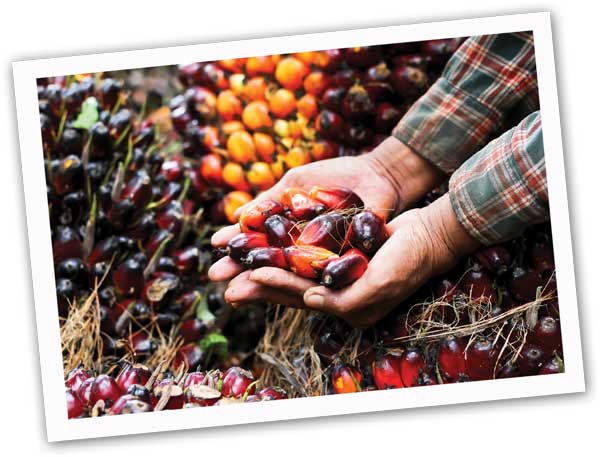



On June 14, the trilogue between the European Parliament, Council of the EU (the Council) and European Commission (EC) reached an agreement that removes the proposed palm oil biofuels ban from the final text of the revised Renewable Energy Directive (RED II).
The deliberations were keenly monitored by palm oil producing nations after the European Parliament voted in January to ban the use of palm oil biofuels by 2021. The debate had gone on for almost 18 months, so the decision against the proposed ban was welcome and timely.
Malaysia and other palm oil producers had rallied against the proposal. We protested that the EU was applying ‘crop apartheid’ to palm oil while other oils and fats feedstocks were being kept in the biofuels mix until 2030. We also maintained that the action would not be WTO-compliant and would hinder the very principles of free trade.
 Malaysian opposition was mobilised through the Ministry of Plantation Industries and Commodities and its palm oil agencies. We were ably assisted by other Ministries and our diplomatic missions in the EU.
Malaysian opposition was mobilised through the Ministry of Plantation Industries and Commodities and its palm oil agencies. We were ably assisted by other Ministries and our diplomatic missions in the EU.
In January, smallholders had staged a protest and presented a petition to the EU Delegation to Malaysia in Kuala Lumpur, as the proposed ban threatened the livelihood of the 650,000-strong community. These actions were underscored by Malaysia’s direct engagement of key European nations and extraction of their commitment not to support the proposed ban.
The June 14 decision by EU lawmakers was part of a more expansive agreement, which includes a binding 32% target of renewables in the energy mix. The trilogue-negotiated outcome will have to be approved by the European Parliament and the Council, but this is usually a formality.
To be clear: the final text of RED II agreed by the negotiators does not include a ban on palm oil biofuels. All explicit criticism of palm oil has also been removed. This is an indisputable victory for Malaysia, which had presented evidence and documents to demonstrate that:
While we breathe a sigh of relief, we acknowledge that we have our work cut out for us. There remains a strong anti-palm oil sentiment among European consumers who associate production with deforestation, climate change and threats to wildlife and biodiversity.
 MPOC plans to address this through greater consultation and on-ground actions by collaborating more extensively with our industry partners. We also look forward to new directions from our government.
MPOC plans to address this through greater consultation and on-ground actions by collaborating more extensively with our industry partners. We also look forward to new directions from our government.
The EU will probably re-engage our industry with fresh demands and we will continue to address these through various channels, including with the EC, Parliamentarians and the Council.
It is possible that certification standards and related demands will become more stringent and even tied to traceability in the supply chain. Improvements will be enhanced in collaboration with key players in the Malaysian supply chain.
The plan to phase out palm oil biofuels by 2030 could now be based on a freeze imposed on the level of EU palm oil imports in 2019. This, we estimate, could be about 8 million tonnes, of which about 60% or 4.8 million tonnes would be for renewable energy uses.
However, the devil is in the details. MPOC, along with others, will review the conditions to ensure they are WTO-compliant and compatible with any special arrangements that emerge, such as the EU-Malaysia Free Trade Agreement.
At the same time, we will strengthen engagement with end users to better understand specific challenges and requirements, while drawing up programmes to encourage loyalty to palm oil.
MPOC will also aggressively develop alternate markets for Malaysian palm oil in the run-up to 2030. We anticipate many challenges, but are confident that Malaysian palm oil will remain competitive, vibrant and a much sought-after commodity in the coming years.
Datuk Dr Kalyana Sundram
CEO, MPOC